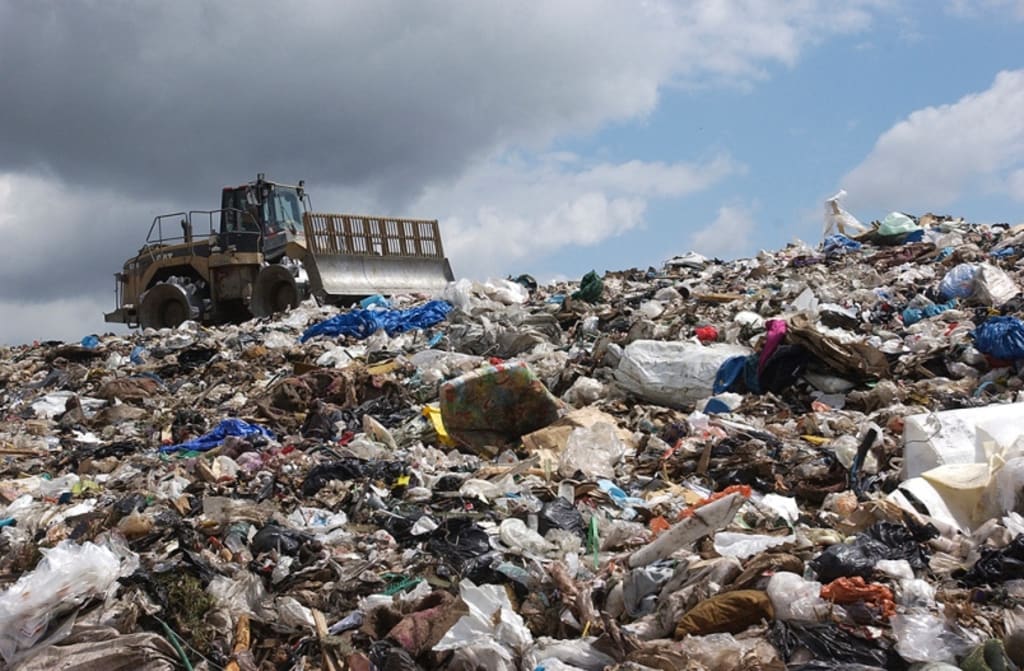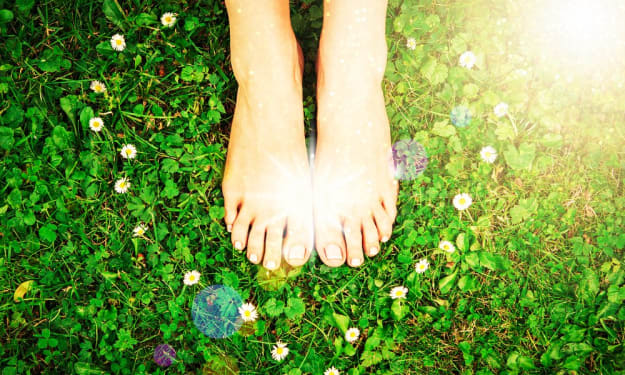Coronavirus. Why A "Waste Not, Want Not" Approach Will Help See Us Through The Crisis Ahead
In recent weeks, as the coronavirus has taken hold, and disrupted every aspect of our lives, it’s become clear that we must change our ways.

In recent weeks, as the coronavirus has taken hold, and disrupted every aspect of our lives, it’s become clear that we must change our ways. The coronavirus was caused by the abuse of animals and humanity interfering with the natural world to satisfy our consumer and eating habits. We are at risk of further pandemics in the future for this reason.
As the crisis unfolds, the financial fallout will become more and more apparent. Many people will be pushed down towards the poverty line and face the risk of losing their livelihood and home. We won’t have the financial abundance we have previously enjoyed to spend on consuming the planet’s resources.
As the issue of how we continue to sustain ourselves on this planet, without causing further damage, becomes more and more prominent in the weeks, months and years ahead, it's important that we become aware of how wasteful a society we really have become, and make much-needed changes.
Waste in the western world is a massive problem. I once read somewhere that 30-40 percent of all food bought is thrown away. This means that around 200 billion dollars of everything grown on this planet ends up in the bin (covered in plastic, no doubt.) That’s 200 billion dollars of our hard-earned money down the drain, and a complete waste of the planet’s resources.
So, how can each of us cut down on the amount of waste we generate?
I adopted a “waste not, want not” approach after an early childhood experience. One day, as a little girl, as I struggled to finish my dinner and asked if I could leave the rest, I got the reply, "There's children dying in Africa. Go on, eat up." I'm showing my age. This was the 80s when the droughts in Africa reached epic proportions, Band Aid was born, and starving children with swollen pot bellies were all over the news. The famine killed tens of thousands. Do you remember? It was a tragic natural disaster that should never have happened.
To say I took it on board is an understatement. Those children haunted my dreams as I child. I'd lie awake at night, staring at the ceiling, trying to understand how such a thing could happen.
From that point on, I've never wasted food. Even the stinky spam served up at school dinner. I berated my school friends if they happened to leave a morsel.
And it's a habit that's stuck, not just with food, but in general. A “waste not, want not” attitude to life.
How does this work in reality?
I shop for fresh produce every day or two and always resist the urge to over stock. As a vegan, I don’t consume many products that have a short shelf life, such as dairy, meat or fish, that can easily go off in a very short period of time. As I cook everything from scratch, I manage to stay away from many items that are wrapped in plastic and ensure everything is recycled.
I make sure to only cook what I need, unless it can be saved for left overs, and use everything that I buy. There ain't nothing wasted in the Wilson household, even if the starvation of children in Africa has abated.
Which is why a “waste not, want not” approach may greatly benefit ourselves and our planet at this time. By ensuring that we consume everything that we purchase and taking care to buy products with less packaging, we won’t waste the precious resources taken from Mother Earth or our money.
We face challenging times ahead, that for sure, but we can also be the cure if we mend our ways.
Coronavirus is threatening humanity, you know. From now on, go on and eat up.
If you enjoyed my musings, come visit me at my website Samantha Wilson or follow on Facebook or Instagram.
About the Creator
Samantha Wilson
Visit Samantha at www.samantha-wilson.com or follow on Facebook at www.facebook.com/samanthawilson or Instagram at www.instagram.com/samanthaemmawilson






Comments
There are no comments for this story
Be the first to respond and start the conversation.